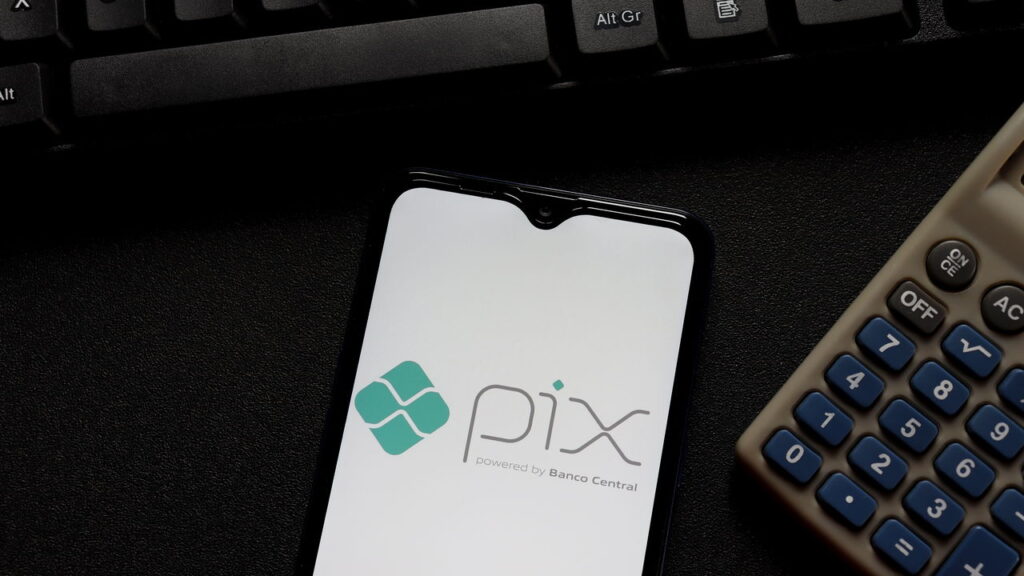The Brazilian Banking Federation (Febraban) issued a statement this week warning of a new practice of fraudsters using Pix to carry out their crimes.
One of the main applications for He blowsAccording to Viprabhan, this is done through the use of the MED (Special Return Mechanism), from the Central Bank (BC), which was specifically created to facilitate the return of funds in case of fraud.
Scams are becoming more sophisticated over time, and understanding how they work can be key to avoiding falling into traps. In this article, we will explore in detail how this new type of scam is carried out, how to protect yourself and what to do if you are a victim of this scam.
How does a coup happen?

According to Febraban, scammers obtain a cell phone number, which is often used as a Pix key. Data is generally accessed through registrations made on the Internet or information displayed on social networks. Using the victim’s cell phone number, the scammers then make a transfer via Pix.
Scammers contact the victim: the next step
After making the transfer, the scammers contact the victim to inform them that they made the wrong pix and therefore need a refund. Thus, the victim is directed to return the funds to a different Pix key than the one from which the original transfer was made.
Why does the victim end up looking like the fraud?
When the citizen transfers money to a third account, the criminal contacts MED, saying that he has fallen victim to a scam. The important point is that when the system analyzes the case, it understands that the sequence of transactions described is typical of a fraud. However, whoever appears to MED to be the scammer is actually the victim.
This happens because MED withdraws money from the deceived person’s account balance and the criminal keeps double the amount he initially sent. In other words, it receives the money that the victim initially “returned” to the third account, and the money that MED withdraws from the balance when it identifies the fraud.
How to protect yourself?
The union points out that if a citizen receives a refund request via Pix, they must always make the transaction to the original account from which the amount came. To do this, you need to enter the Pix area of the bank app and access the statements portion. There you can click “Back”. This ensures that the funds are returned directly to the account that originally created Pix.
In other words, the main recommendation is Never return a new Pix keydifferent from the original account. If you have any suspicions about receiving incorrect funds via Pix, it’s a good idea to contact your bank and find out what happened.
Prevention: Taking care of personal data
In addition to following the above recommendations, it is important to be extra careful when disclosing personal data on social networks. This is an important situation to prevent criminals from accessing information such as your personal cell phone number.
- Avoid sharing your cell phone number publicly.
- Verify the security of the sites you have registered on.
- Always be wary of unexpected refund requests.
These are basic but necessary measures to ensure that your personal information is not used fraudulently.
What do you do when you receive a call from the bank?
If you receive a call from your bank requesting any type of refund or chargeback, follow these recommendations:
- Verify the identity of the accompanying person.
- Be wary of urgent requests or requests that require rushing.
- Check directly with your bank app before taking any action.
Remember, prevention is the best way to avoid these scams. Always be informed and detect new types of fraud to protect your money and data.



![[VÍDEO] Elton John’s final show in the UK has the crowd moving](https://www.lodivalleynews.com/wp-content/uploads/2023/06/Elton-John-1-690x600.jpg)

More Stories
The 4-day work week could become a reality for those who have a formal contract
Limpa Nome promises discounts of up to 99%.
Foz de Amazonas: Obama technicians recommend rejection – 10/29/2024 – Environment